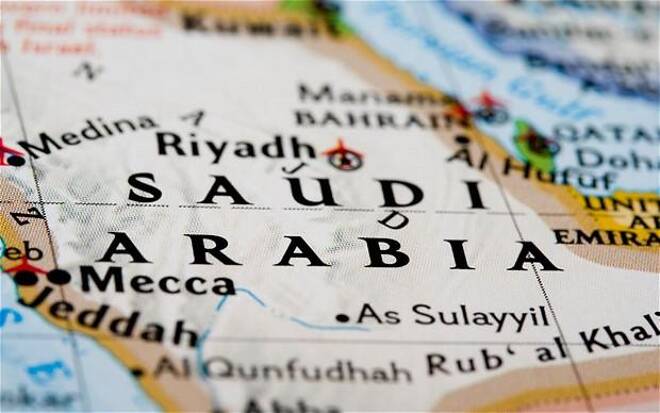Advertisement
Advertisement
Middle East Gulf States Feeling The Economic Stress Of Low Oil Prices
By:
It is amazing for years OPEC production would set oil prices skyrocketing and the Saudi’s along with the other gulf nations would balance production
Oil prices have fallen by a quarter since June as excess supply and weaker demand create a glut on world markets, prompting some other exporters to call for cuts in output. But while curbing production could help to arrest the price decline, it would also leave the Gulf States at risk of losing market share. Fortunately for the six nations of the Gulf Cooperation Council (GCC) which sit on 40 per cent of the world’s oil and a quarter of its natural gas they are flush with cash, analysts said. \
Oil-dependent Gulf states will face budget shortfalls if the recent decline in oil prices persists, International Monetary Fund chief Christine Lagarde warned on Saturday. A sustained decline of $25 a barrel in the oil price would reduce the revenues of most Gulf countries by eight per cent of gross domestic product, “and put many of them into a fiscal deficit situation,” Lagarde told reporters.
But the six nations of the Gulf Cooperation Council (GCC) have built up fiscal buffers to cope with the immediate impact of the reduction in revenues, she said after a meeting with regional finance ministers and central bank chiefs.
The combined GDP of the GCC last year reached $1.64 trillion, so in this scenario the annual revenue of the six nations could plunge by roughly $130 billion. The total revenue of the GCC states — 90 per cent of which come from oil — more than doubled from $317 billion in 2008 to $756 billion in 2012.
Gulf Arab oil exporters face inevitable spending cuts as weak oil prices cloud their economic outlook, Kuwaiti Finance Minister Anas Al Saleh said on Saturday. “We must undertake comprehensive economic reforms including the reform of imbalances in public finances,” Al Saleh told a meeting of Gulf Arab finance ministers, central bank governors and the International Monetary Fund in Kuwait.
Oil prices have tumbled to four-year lows of below $83 per barrel this month, exposing swollen state budgets in the six-member Gulf Cooperation Council (GCC) that also includes Saudi Arabia, the United Arab Emirates, Qatar, Oman and Bahrain. According to the International Energy Agency (IEA), Saudi Arabia actually increased its output in September to 9.73 million barrels a day, despite the market rumors to the contrary. “Riyadh appeared determined to defend its market share,” the IEA said.
About the Author
Barry Normanauthor
Advertisement
